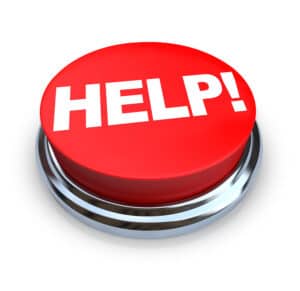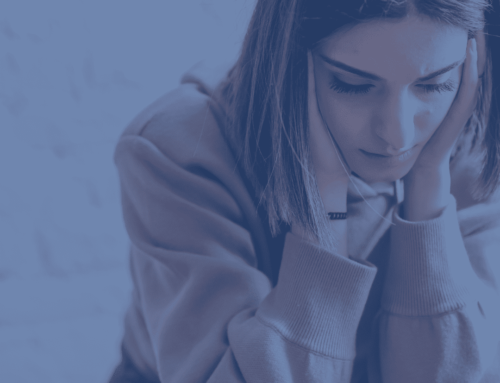
Many people have theorized that more people have suffered from mental health issues since the start of the pandemic. Now, numbers are starting to emerge to prove that these professionals were correct in their thinking.
Coping Skills
A study published in the Journal of Happiness Studies found that most people coped in one of four ways. Some people went into survival mode, and they were able to find moments of joy despite the pandemic and experienced minimal long-term changes in their mental health. The second group of people was resurgent. While they held their own during the pandemic, they developed a deeper appreciation of what mattered in life. A third group, which tended to be older, came through the pandemic with very few changes in their overall health. The final group took steps throughout the pandemic to take care of their mental health, and they came out stronger than when the pandemic started.
People Seeking Mental Health Help Significantly Increased
According to a National Health Interview Survey, almost 1 in 5 people asked for mental health help during 2020. That is a significant increase from the 19.3% of people who asked for help in 2019. Doctor Dawn Morales sees it as a very positive sign that people are more willing to seek out the help that they need when life becomes stressful. Researchers do not know if those trends will continue now that the pandemic may be ending.
Young Vs. Old
Researchers found that older adults were more likely to take medications to deal with mental health issues than younger adults who were more likely to seek out therapy.
Racial and Gender Divides
There is a noticeable difference in how willing different races are to seek out the treatment they need in the United States. Non-Hispanic white individuals were more inclined to seek treatment than any other group. Non-Hispanic Asian people were the least likely to seek out help. Women were more likely to seek out help than men.
Urban Vs. Rural
People living in rural areas were more likely to seek help through medication while those living in urban areas were more likely to seek counseling. This finding may be due to access to mental health providers. In many rural areas where broadband access is limited, many people seek mental health services from primary care providers who may have limited options when making referrals, so they may prescribe medications. Telehealth may change this over time.
Eating Disorders Particularly Rising
While many people admit that they have noticed they have become more depressed during the last 18 months, the Journal of Eating Disorders found that the problem did not stop there. The journal reports 62% of people in the U.S. with anorexia have seen their symptoms become worse, and 35% of Americans with binge-eating disorders have seen their symptoms worsen. A disturbing uptick in the number of males reporting issues with eating disorders has been observed.
More telepsychiatry help is available than at any time in history, which allows people to get the help they need regardless of their condition, age or location. Contact American Behavioral Clinics today to get the process started by scheduling a free phone consult.
Existing Patients and New Patients, Call us to schedule an appointment, get a prescription refill or just to ask a question:
New Patients ONLY - Want to contact us through a form? CLICK HERE to fill out our contact form.





